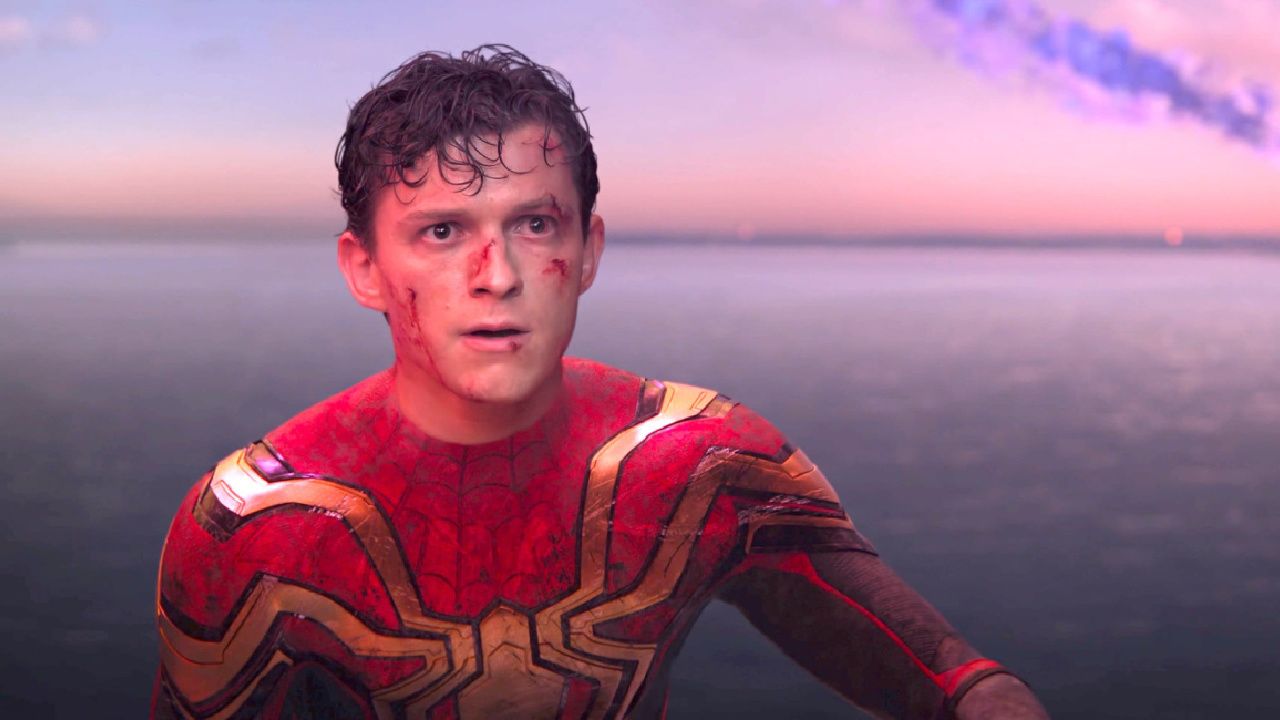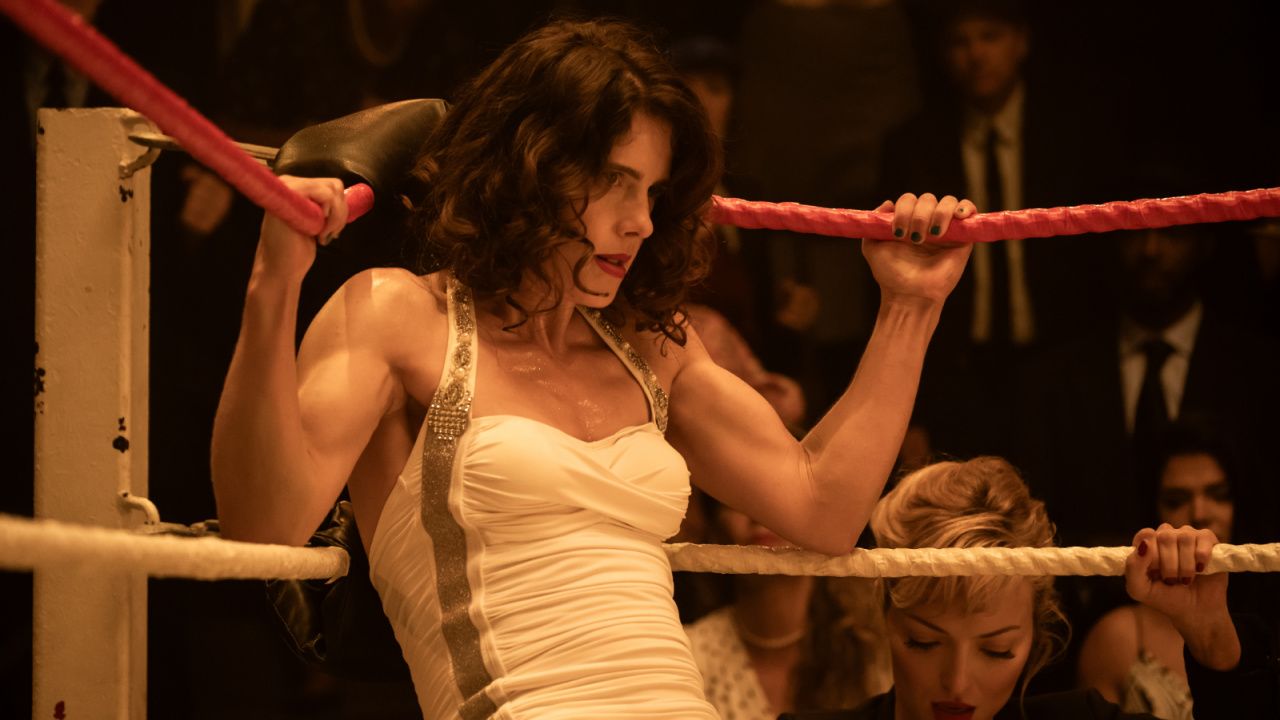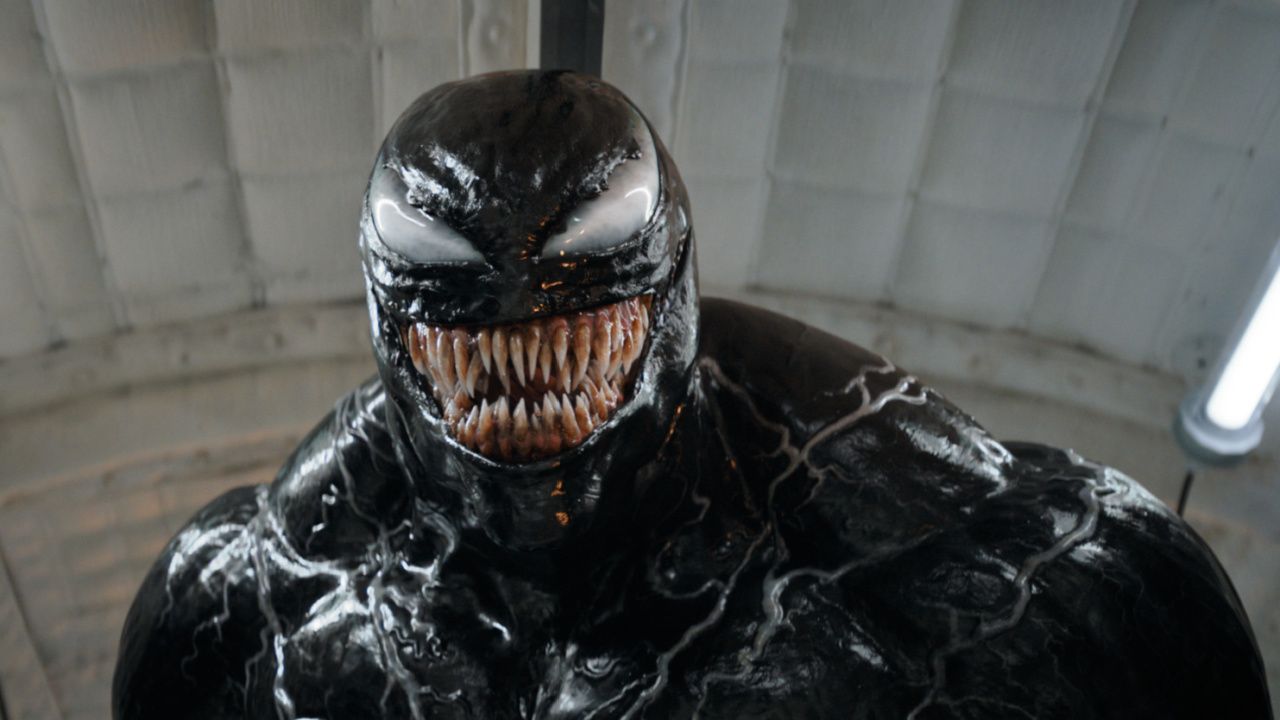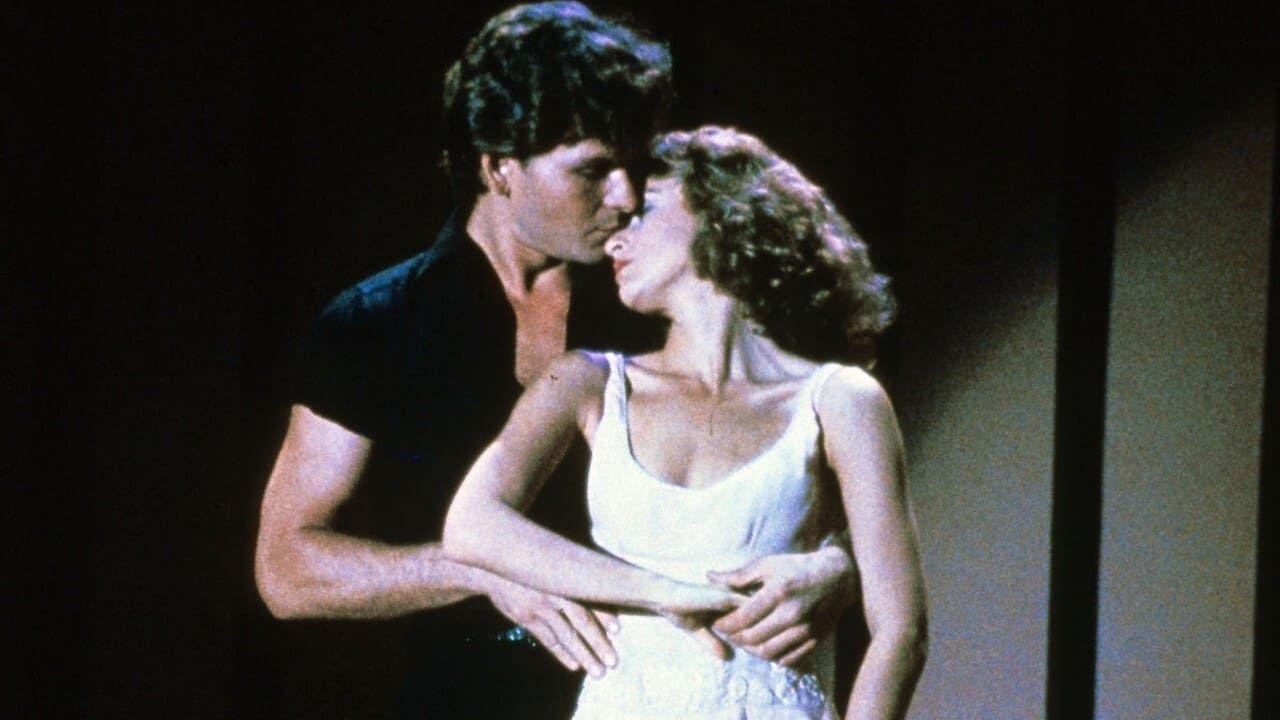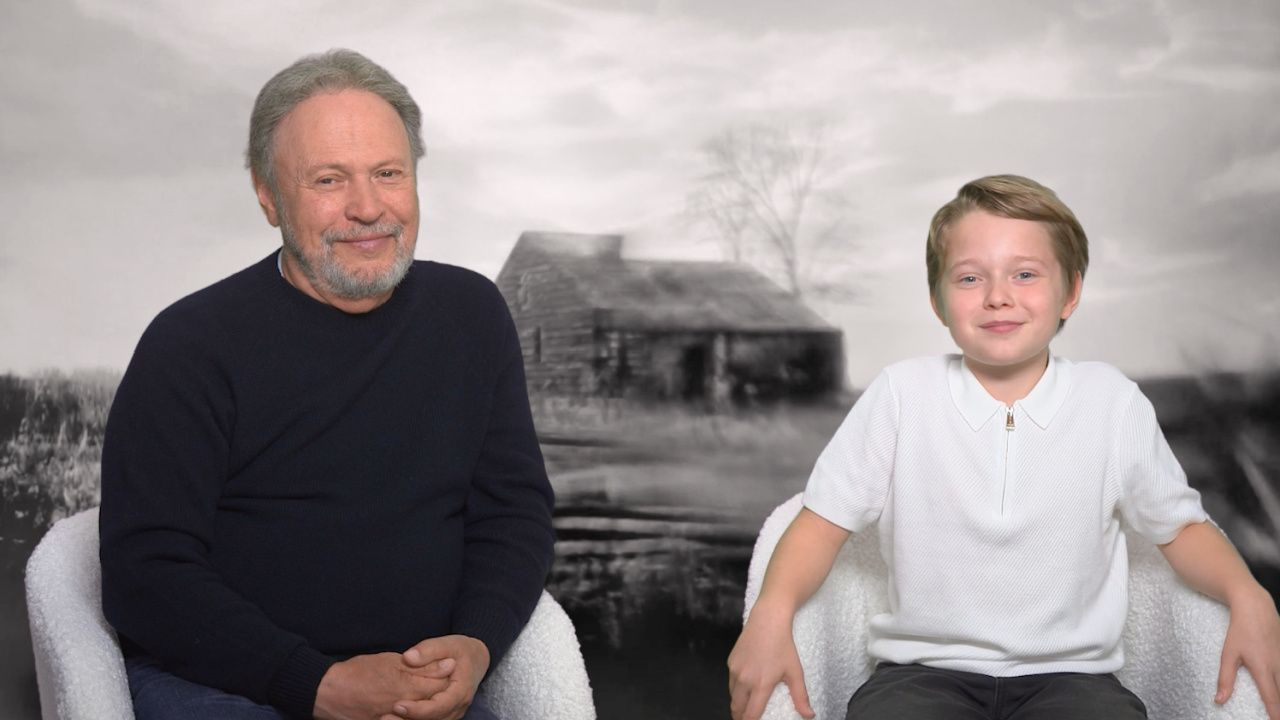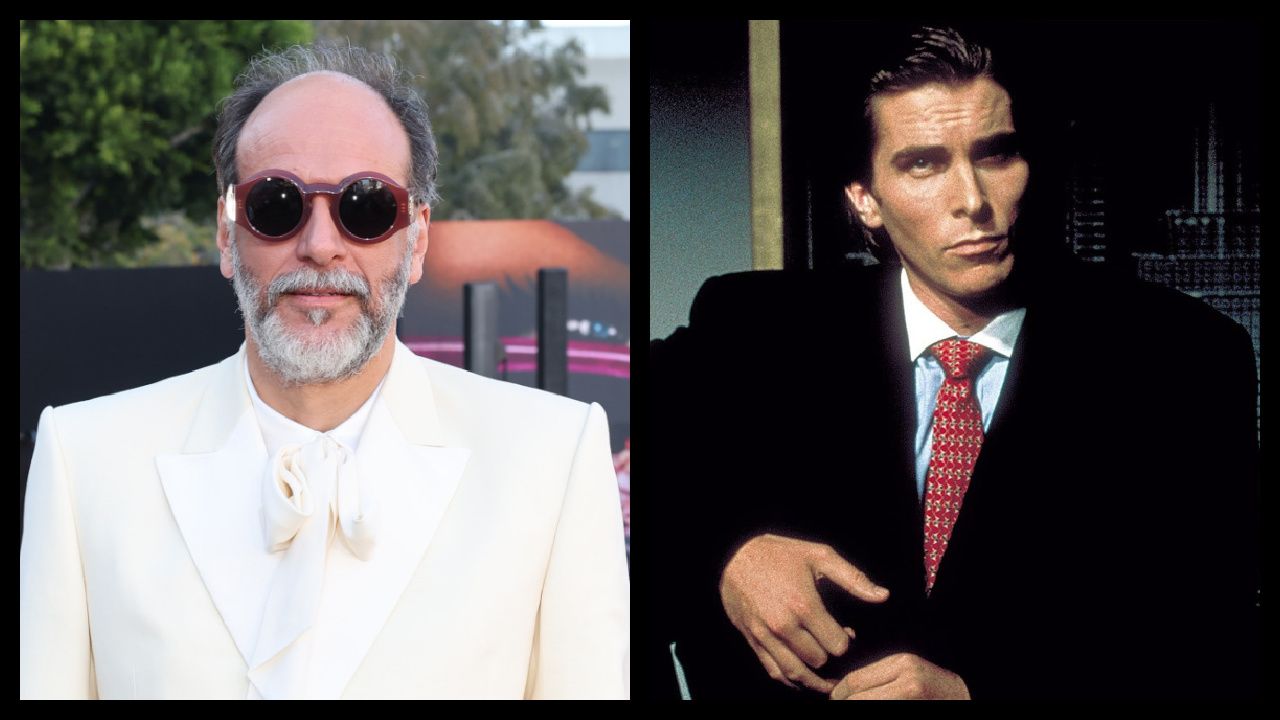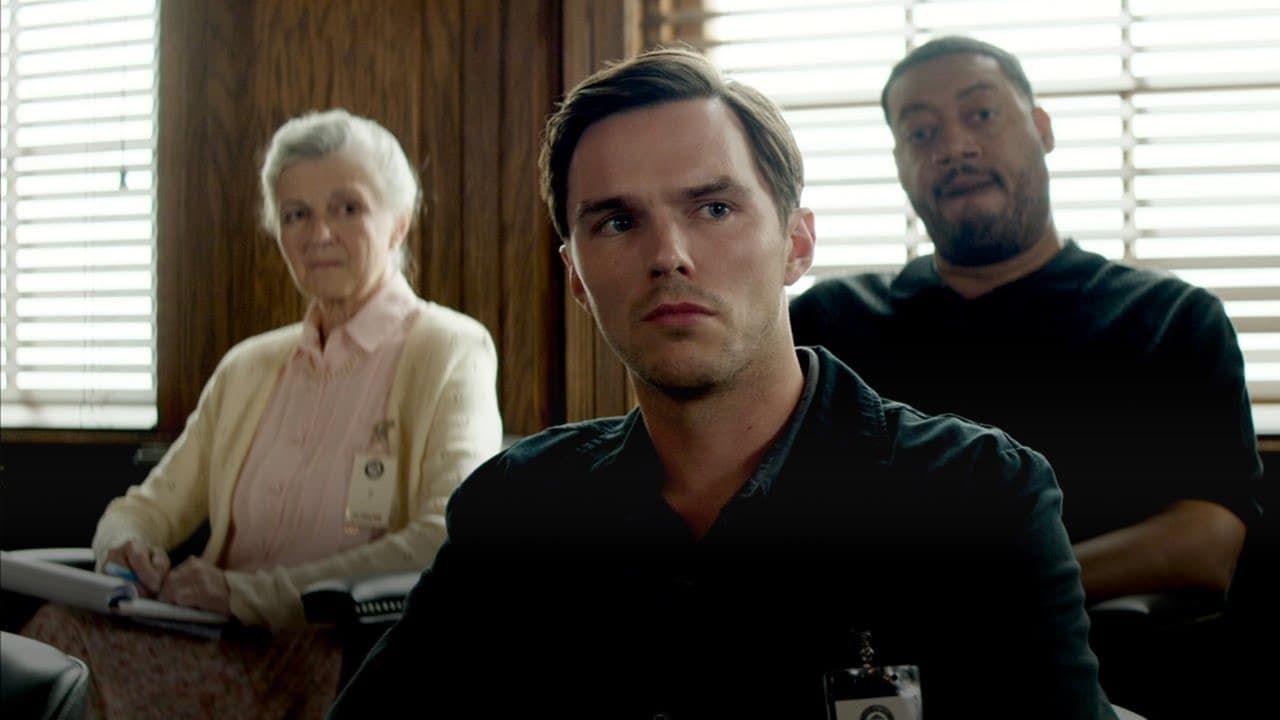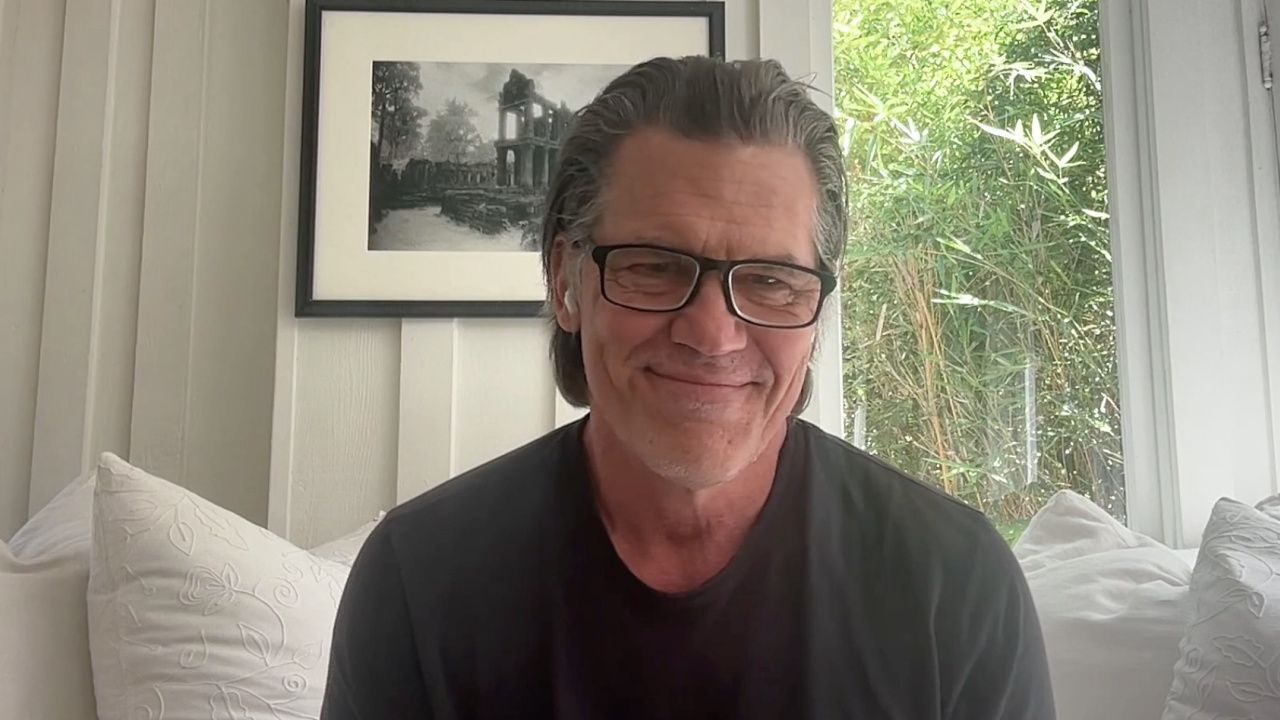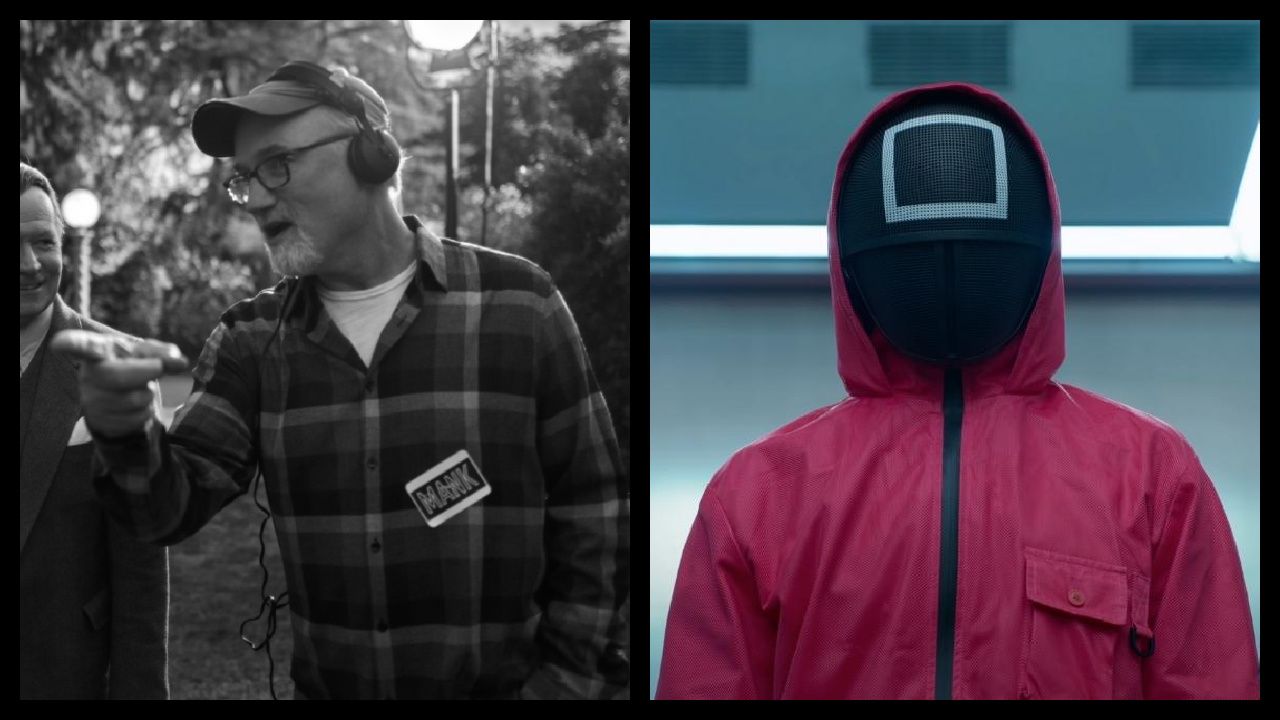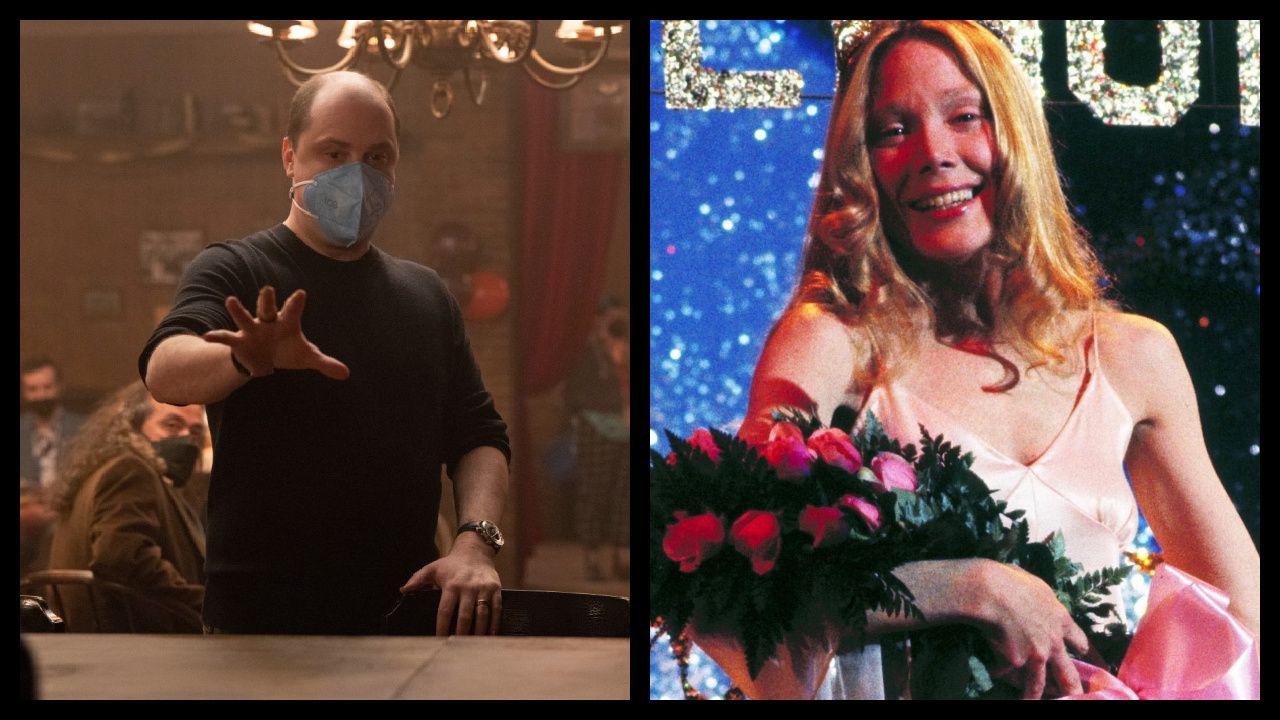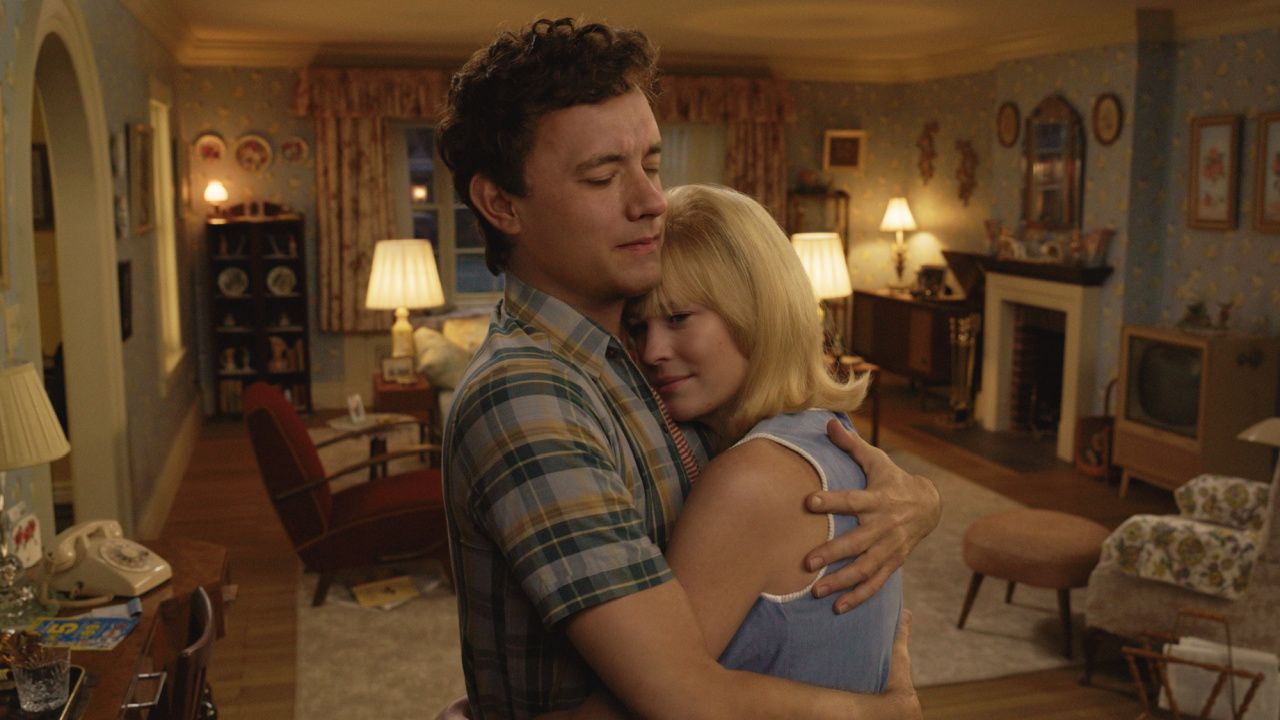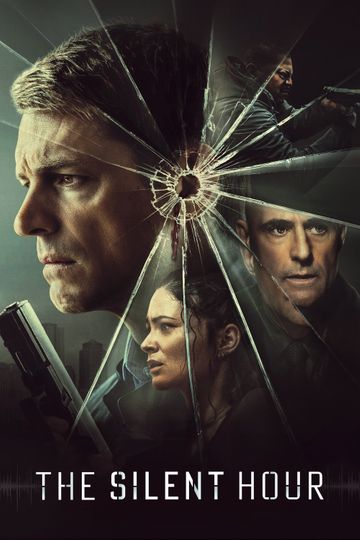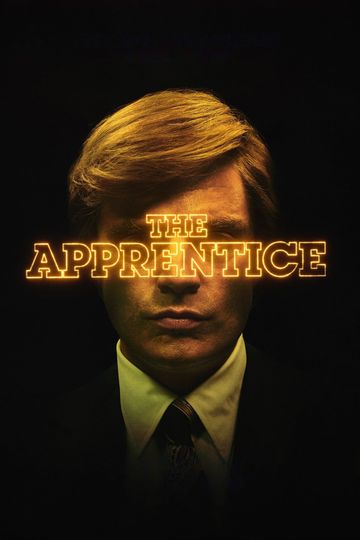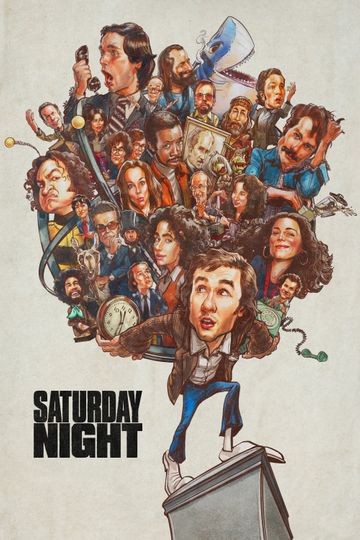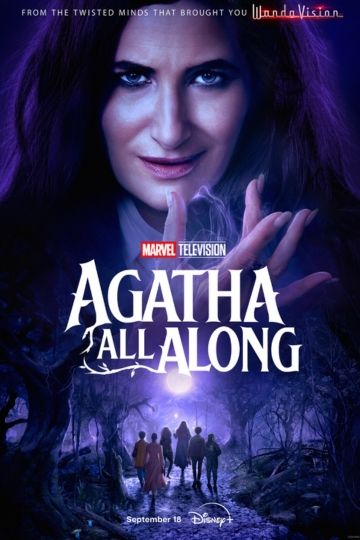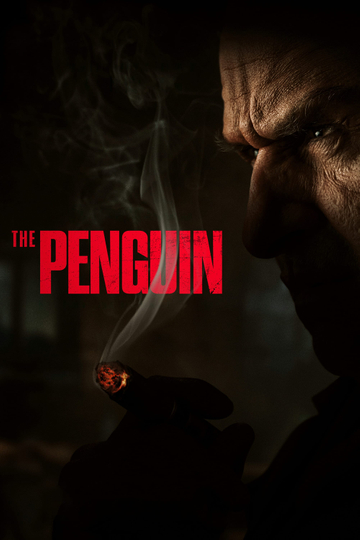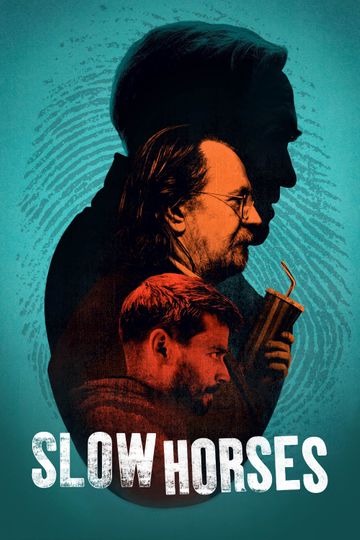Marc Guggenheim Talks del Toro's 'Trollhunters,' Confirms More DC/CW Crossovers
As any fan of the The CW's superheroic series "Arrow" and "Legends of Tomorrow" knows, writer/producer Marc Guggenheim's got a pretty solid track record for translating imaginative adventure projects from the page to the screen.
For his latest effort, Guggenheim's turning his attention from the comic book page to the world of young adult fantasy fiction by "Trollhunters," the 2015 novel by acclaimed filmmaker Guillermo del Toro along with Daniel Kraus. Long before the book was published -- five years, to be precise -- Guggenheim was collaborating with del Toro on an animated adaptation of the tale that finds seemingly average teenager Jim inadvertently elevated to the role of Trollhunter, defender of a secret, centuries-old community of trolls hidden beneath his hometown, and finds himself balancing the demands of his title with making sure he makes it to gym class.
When del Toro's expansive universe proved too big to be contained in a single film, Guggenheim put on his executive producer hat and built out a "Trollhunters" saga for the small screen as a 26-episode animated series for DreamWorks Animation, debuting on Netflix Dec. 23, featuring an all-star voice cast (including Steven Yeun, Kelsey Grammer, frequent del Toro collaborator Ron Perlman and the late Anton Yelchin in his final performance as Jim)
Guggenheim joined Moviefone to delve into his behind-the-scenes experiences bringing del Toro's vision to animated, serialized life, and he also shares his thoughts on the wildly positive reception to the ambitious recent crossover of all four of the DC Universe TV series and what it promises for the future.
Moviefone: You're no stranger to adapting characters that are created by somebody else or in some other medium, but Guillermo del Toro has such a specific vision for everything he does; he's such a very specific type of artist. How was the process different in trying to realize Guillermo's very specific vision for "Trollhunters"?
Marc Guggenheim: I think that's a really smart and savvy question. I will say it helps enormously that Guillermo is able to, I think in many ways, sort of square the circle in the sense that, you're right, he does have an incredibly specific vision, and that's amazing, and that's why he's, quite frankly, Guillermo del Toro.
At the same time, it threatens to be contradictory. I think, for anyone else, it is contradictory. But in Guillermo's case, it really isn't. He is incredibly collaborative, and he'll take a good idea from anywhere. He goes into these things without any ego. He's able to always keep his eye on the ball of what he wants, and he never looses sight of that, which is terrific. But at the same time, that vision still has room for other people's contributions. It's a remarkable thing, and it's a very rare thing, as you might imagine.
What did you learn from collaborating with Guillermo?
Oh gosh. I honestly don't know if we have the kind of time to list it all! The truth of the matter is that I always describe working with Guillermo as like going to film school. I don't think there's a single meeting, or phone call, even from the longest story breaking session to the shortest touch base, where he doesn't end up saying something where I don't learn something either about the business or the craft, or about storytelling in general.
I would say probably the biggest thing I learned from Guillermo is trusting your audience. I think Guillermo, he really does trust the audience. Even when we're working on something where we intend for the audience to include young kids. He's very much about trusting the audience. They'll get it. They will follow the narrative, no matter how rich, no matter even how complex, and I don't think he's wrong. He trusts that the audience can handle it, even young kids can handle it.
I think he's right. I think it's something that we tend to lose sight of, particularly in television. It's a very, very invaluable lesson.
This is a great time for animated work on TV, with shows incorporating a little bit more complexity and serialization in the storytelling. For you, what was the fun and the challenge of a serialized story in the animation sphere?
First of all, it was a huge amount of fun. It's funny. I never really looked at it as like a challenge. It honestly really felt like a series of opportunities. I think the project ended up benefiting a little bit from the fact that I hadn't really done animation, and I hadn't done children's television. The approach that we all took, consistent with Guillermo's vision, was that we're not writing it for kids. We're just writing it basically for people, and for people of all ages. So it's something that kids can watch, but there's plenty of humor that adults can appreciate.
There's a timeless quality to the setting that makes it appeal to people of all ages. I think the story is very universal. It's essentially a "Chosen One" story, but sort of within that very generic description there was a huge amount of room for us to play with those tropes, and tweak them, and turn them on their head a little bit, which I think, again, is the kind of thing you come to associate with Guillermo's writing.
I think one of the things Guillermo doesn't get enough credit for is, everyone understands and recognizes he's a visionary director, and he has this incredible visual style, but he's also a remarkable writer, and brings a lot of heart and humor to his work. It's a lot of fun to put that all in the mix and see what we ended up with. I'm sorry, I realize I started to run very far field of your original question.
Are you energized to develop some more stuff in the animation field? Is that now a territory that you feel really attracted to?
Yeah. I have to say that this whole experience -- and I've been working on "Trollhunters" now for about five years -- has been just so joyful. I can't express that enough. Part of it's the animation side of it. Part of it is just the wonderful people at DreamWorks who we work with.
Whenever I go over to DreamWorks and see the animators, and see the designers, and just even walk around the space, quite frankly, it's so inspiring, and I come back to my offices at "Arrow" and "Legends" almost re-energized.
So, yeah, I would like to think that it's not my last foray, as always. I'm very much about not picking things based upon the genre, but rather "Is the story interesting to me? Is the world compelling? And are the people involved people that I want to be spending time with?"I imagine you were pretty gratified to see the enthusiastic response to the big crossover among the DC/CW series, particularly to the 100th episode of "Arrow." When you started seeing the fan reaction to what was happening on-screen, how did you feel?
I'd probably have to say, first of all -- just because it's the nature of my personality -- relieved. You know what was really nice? What was so great about the response -- I was reading Twitter and checking social media and everything, was for one night at least, the "Arrow" 100th, we all sort of dropped the tribalism of which relationships we wanted, and what plotlines were upsetting us, and it was just the celebration of the show. And that was really, really wonderful.
Both the 100th episode and the crossover, it really was written with fans in mind. The whole thing really was an exercise in "What do we think is cool? What do we think the audience will think is cool? Trust that what we think is cool and what the audience thinks is cool is the same thing, and just go for it."
I think the cherry on top of the sundae was, I think everyone watched with an eye towards what we were trying to accomplish. They recognized it was a TV show and it wasn't a movie, so they were I think impressed by the scope of it. They recognized that each of these shows has their own identity, so they understood that the "Flash" episode is an episode of "Flash," same with "Arrow," same with "Legends."
I think what was most gratifying was just the fact that everyone was on board for this ride that we had constructed for them. It was super great. Definitely everyone, both here at the office and the studio and network, we've still been on a high.
Do you see this as being an annual event?
Yeah. I think, certainly, each year we've done a crossover, and each year it's gotten bigger and more ambitious. Those sorts of decisions are actually made well above my head -- though I don't think it's hard to look at the landscape and go "Well, surely there will be a proper four night crossover next year with all four shows -- 'Supergirl' properly included."
But who knows? I think all of us are still recovering a little bit from this crossover. It is a lot of work. I'm not going to lie to you. It's a labor of love for sure, but it's definitely -- it's kind of like childbirth. You don't want to immediately start thinking about the next baby. You're still holding the newborn in your arms.
I felt with the "Arrow" 100th in particular, by the time we got to the end of that particular episode, for "Arrow," the table's really been reset; everything seems open to a whole new way of looking at things and the possibilities are wide open. Do you guys feel that way creatively on staff?
Yes and no, in the sense that, look: I think on "Arrow," we've always sort of felt like, once we introduced Barry Allen, and once the universe sort of expanded to include metahumans, and now time travel and parallel universes, and now aliens, I think we all recognize that the world is much bigger, and that "Arrow" can absolutely do episodes where he's fighting a metahuman, or, like we did last year, introduce magic.
I think, last year, we leaned pretty heavily into metahumans and magic. I wouldn't say the results were mixed -- I would say that the response was mixed. I think what's a fun challenge for us on "Arrow"; how do we acknowledge this larger universe that has grown, while at the same time allowing "Arrow" to do what it does best? Which is: each of these shows has its own identity, and "Arrow" is the gritty, grounded crime drama. We do 23 episodes a year. So that's a pretty big canvas, and I think that out of 23 episodes, the show can benefit from, and withstand, the occasional foray into genre.













